Program Committee
Program Committee for TDWG 2023.
The program committee meets regularly to develop the structure and content of our 2023 conference. Their responsibilities include setting the theme for the conference, issuing the calls for organized sessions and abstracts, guiding submissions through the publishing process, and selecting our keynote speakers.
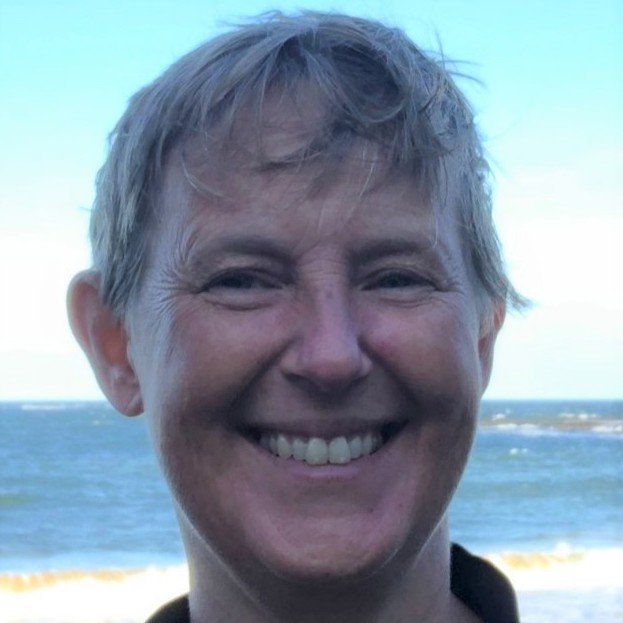
Elycia Wallis | Co-chair
Atlas of Living Australia, Melbourne, Australia. Dr Elycia (Ely) Wallis works with the Atlas of Living Australia where she is the Collections Community Engagement Manager and Team Lead for the Engagement Team. Prior to joining the ALA, Ely worked at Museums Victoria in roles that encompassed collections management, database administration, working with the library and archives section, and collections online. Her collections online role encompassed web publishing, apps and in-gallery multimedia and spanned sciences and social history. Ely has an abiding interest in literature and founded the Biodiversity Heritage Library in Australia. She has a passion for free access and open sharing of data.
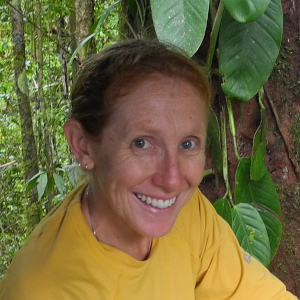
Shelley James | Co-chair
Western Australian Herbarium, Department of Biodiversity, Conservation & Attractions, Perth, Australia. A botanical research scientist for more than two decades, Dr Shelley serves as Representative for Oceania with TDWG. Her recent work is focused on the expansion and improvement of herbarium collections and biodiversity data and ways to best analyze, contribute to, understand, and better our conservation efforts in Western Australia, Australia and around the world. She collaborates nationally and internationally with collections, research, cyberinfrastructure, and education communities.
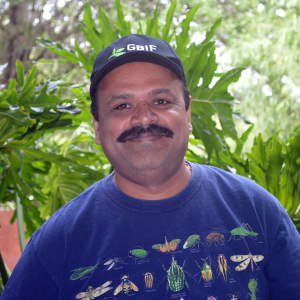
Vijay Barve
Bangalore, India. Vijay started working in Biodiversity Information Management in 1995 on Medicinal Plants in India. He continued to follow his research interests of Biodiversity Informatics and Citizen Science through a Ph.D. program at the University Kansas. He has been involved with the Audubon Core Standard since its inception.
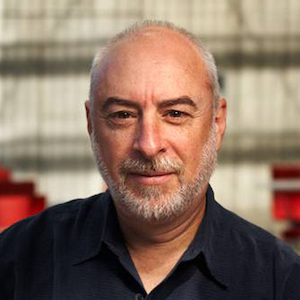
Stan Blum
TDWG Secretariat, San Francisco, CA. Stan Blum has been a contributor or principal analyst in the design of scientific databases for the National Museum of Natural History (Smithsonian), Museum of Vertebrate Zoology (UC Berkeley), University of Kansas (Specify), and the California Academy of Sciences. He has developed data standards that support data integration across natural history disciplines and organizations since 1990, including The Society of Vertebrate Paleontology, the Association of Systematics Collections (now Natural Science Collections Alliance), and the Biodiversity Information Standards (TDWG). The main theme in his work has been the integration of information across organizations and disciplines for use in biodiversity science. Retired since 2015, he now volunteers as Administrator of the TDWG Secretariat in San Francisco.
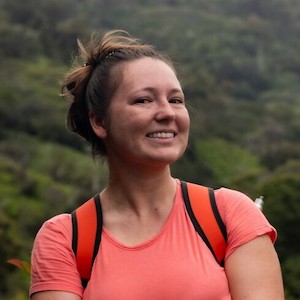
Chandra Earl
Bishop Museum in Honolulu, Hawaii, USA. Chandra is the Joshua M. Copus Memorial Postdoctoral Fellow in Biodiversity Informatics and Computational Biology. She received her PhD from the University of Florida where her work bridged many facets of informatics and data science, with a focus on large-scale biodiversity informatics. She is currently applying these skills to Pacific Island biodiversity, primarily making these data research-grade and available to data aggregators and island researchers.

Daphne Hoh
Taiwan Biodiversity Information Facility, Taipei, Taiwan. Daphne has been trained as a marine biologist since completing her BSc and PhD studies. Her PhD research focused on fungal infection in sea turtle eggs, encompassing various aspects including analyzing pathogen genomics and assessing pathogenicity using high-throughput sequencing and bioinformatics approaches. She co-founded TurtleSpot Taiwan - a citizen science project dedicated to collecting sea turtle sightings for research. Recognizing the potential for generating large volumes of primary biodiversity data through her research, she became intrigued by Biodiversity Informatics and actively engaged herself in this field. She currently works as a postdoctoral researcher at the Taiwan Biodiversity Information Facility (TaiBIF), focusing on evaluating national-level biodiversity data gaps.
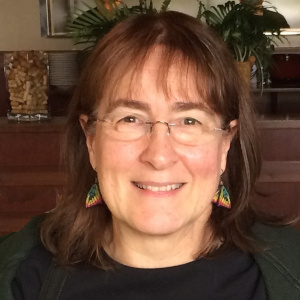
Gail Kampmeier
University of Illinois at Urbana-Champaign, Prairie Research Institute, Illinois Natural History Survey (Affiliate), Champaign, IL USA. As an entomologist, Gail was one of the first zoologists to join TDWG in 1996. An active member of TDWG program committees since the 2013 conference in Florence, Italy, she first became involved with editing conference abstracts in the five years prior. She will serve as a mentor to this year’s Program Committee. As Editor-in-Chief of the Pensoft Journal Biodiversity Information Science and Standards she will help oversee the abstract submission process and encourages submission of full articles to the journal. Elected as North American representative (2008-2013) to the TDWG Exec, she has since served as an invited (non-voting) member.
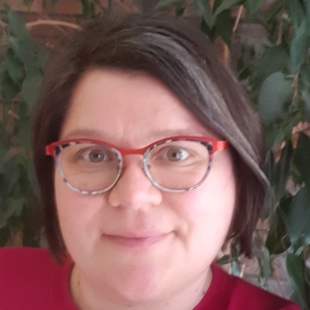
Adeline Kerner
Center for Research on Palaeontology - Paris (UMR 7207: CNRS-MNHN-Sorbonne University), Paris, France. Adeline is a paleontologist who divides her time between her very old sponges and descriptive models for identification keys. Recently named head of the piloting committee for the Xper3 platform, optimizing standards linked to taxa descriptions is becoming a key aspect of her daily work. She started coming to TDWG in 2016 in Costa Rica and this is her 1st year as a member of the program committee.
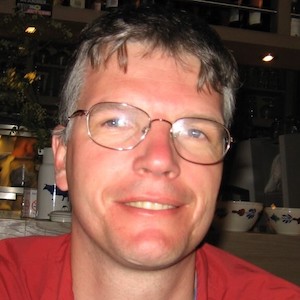
Niels Klazenga
Royal Botanic Gardens Victoria, Melbourne, Australia. Niels Klazenga is Biodiversity Informatics Developer at the Royal Botanic Gardens Victoria. He has played a major role in the implementation of Specify as the collections database for the National Herbarium of Victoria (MEL) and in the Australasian Virtual Herbarium (AVH) and is the creator of VicFlora, the online flora of Victoria, and KeyBase, a system to manage and disseminate traditional pathway keys. Niels’s background and true calling is in bryophyte systematics and he currently leads the TDWG Taxon Concept Schema (TCS) Maintenance Group and TCS 2 Task Group.
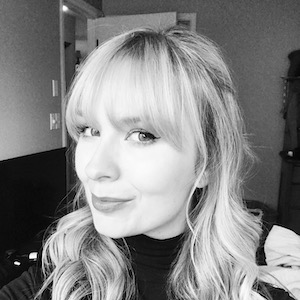
Kristen “Kit” Lewers
Information Science and BioFrontiers Institute, University of Colorado Boulder, USA. Kit is an interdisciplinary PhD student studying HCI (Human Computer Interaction) and IQ Bio (Interdisciplinary Quantitative Biology). She is also a member of the TAG (Technical Architecture Group) since 2022 where she works on projects related to standards and their lifecycle. For her HCI research, she focuses on how information overload impacts institutions grounded in big data (specifically looking at natural history and biocollections) mainly employing ethnographic(traditional + digital) and network science methods advised by Stephen Voida. Under the guidance of Orit Peleg in the BioFrontiers Institute, she studies North American firefly biodiversity, flash signals, and complex system science. She bridges her two interests through complex systems research, information ecosystem modeling, and biologically inspired information theory.
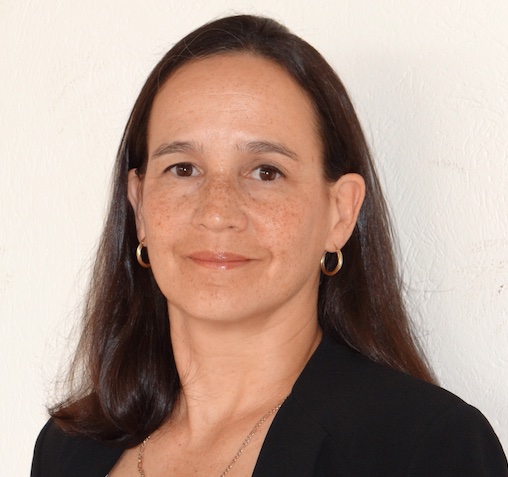
María Mora Cross
Costa Rica Institute of Technology (ITCR), Alajuela. María is a computer scientist with more than 30 years of experience in biodiversity informatics. She is a faculty member at the Computer Science Department of the ITCR since 2017. From 1993 to 2015, she worked at the Biodiversity Informatics Program of the National Biodiversity Institute (INBio) where she had the opportunity to lead national and international biodiversity informatics projects. Her research interests include biodiversity informatics, natural language processing, and machine learning.
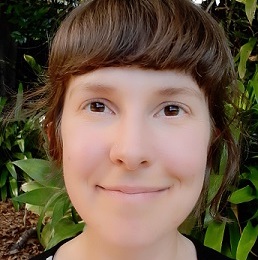
Julia Percy-Bower
Western Australian Herbarium, Department of Biodiversity, Conservation & Attractions, Perth, Australia. Julia is the Database Management Officer at the Western Australian Herbarium. She holds a BEnvSc from Murdoch University and has always had a passion for the natural world. Her current role involves specimen digitisation, data management of herbarium collections and taxon names, as well as specimen curation. This is Julia’s first year serving as a member of the TDWG program committee; she is also a member of SPNHC and the Australian Systematic Botany Society.
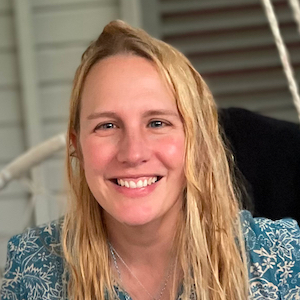
Katherine Tattersall
National Collections and Marine Infrastructure and OBIS-AU, CSIRO, Hobart, Australia. Katherine is a research data manager at the Information and Data Centre at CSIRO, home of OBIS-Australia. She is the Data Steward for the CSIRO National Collections and Marine Infrastructure (NCMI) Business Unit encompassing CSIRO’s National Research Collections, The Atlas of Living Australia, the marine Engineering and Technology team, Australian Marine National Facility and the Environomics Future Science Platform. Before joining CSIRO she was an Australian Research Data Cloud (ARDC) Research Data Specialist and worked for the Australian Integrated Marine Observing System (IMOS) and Australian Ocean Data Network (AODN). Katherine’s early interests focused on the spatial analysis of biological marine science data, particularly animal tracking, spatial modelling and ecosystems data. At the 11th session of the OBIS steering group in May 2023, Katherine was appointed as Co-Chair of the IODE Steering Group for OBIS.
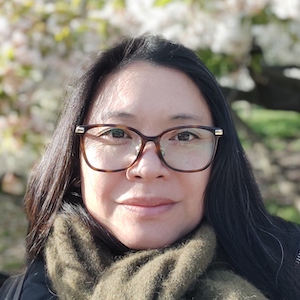
Visotheary “Theary” Ung
Institut de Systématique, Evolution, Biodiversité (ISYEB), CNRS-MNHN-SU-EPHE-PSL-UA, Paris, France. Theary is a biodiversity informatics project manager and biogeographer at the french National Center for Scientific Research (CNRS) and the Muséum National d’Histoire Naturelle (MNHN) in Paris. Her research focuses on comparative biogeography, especially in the Southeast Asia region. She develops methods and informatic tools for biogeographical analysis including an ontology for biogeographic areas. She is also a member of the Equity and Inclusion group at the faculty of Sciences and Engineering of Sorbonne University in Paris where she participates in different actions toward students and the scientific community to promote equity and inclusion in Sciences. She has been involved in TDWG activities over the last 15 years, and she serves now as the secretary since 2021.
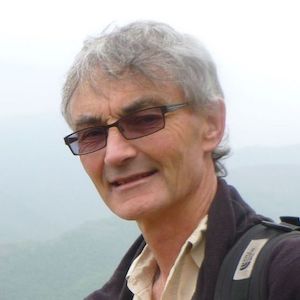
Dave Watts
CSIRO National Collections and Marine Infrastructure Data Centre, Hobart, Tasmania, Auatralia. Dave has been involved in Antarctic scientific data management at the Australian Antarctic Division (AAD) since the mid 1980’s until 2011 and then moved to CSIRO to manage marine data and get involved with the then new research vessel RV Investigator. At the AAD, he instigated the first Australian data set to be published to OBIS in 2003 and built a database of terrestrial species data covering the entire Antarctic continent. From 2016, Dave has been the Australian Node Manager for OBIS and has built a large repository of marine biological data from many Australian sources that are published to OBIS, GBIF and ALA. He has a particular interest in Southern Ocean seabird data and is currently managing multiple data recovery projects from original observation at sea logs for the Australasian Seabird Group, Birdlife Australia. For the last 12 years, he has developed the Agreement on the Conservation of Albatrosses and Petrels (ACAP) data portal (https://data.acap.aq).